Digital Humanities Summer Fellowships
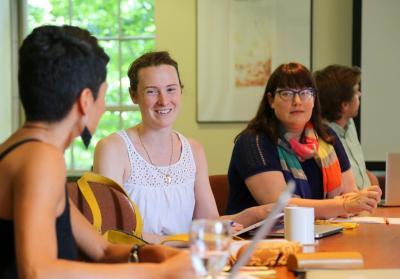
The Simpson Center offers annual summer fellowships for faculty and graduate students to pursue research projects that use digital technologies in innovative and intensive ways and/or explore the historical, social, aesthetic, and cross-cultural implications of digital cultures. The program has three primary goals:
- To animate knowledge—using rich media, dynamic databases, and visualization tools
- To circulate knowledge—among diverse publics
- To understand digital culture—historically, theoretically, aesthetically, and generatively
The Simpson Center gratefully acknowledges the support of a National Endowment for the Humanities Challenge Grant and the Andrew W. Mellon Foundation as well as many donors to the endowment which is underwriting these fellowships.
2025 - 2026 Digital Humanities Summer Fellows

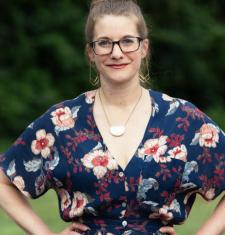
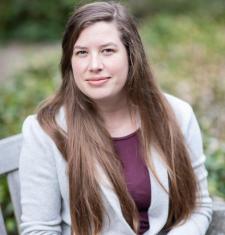
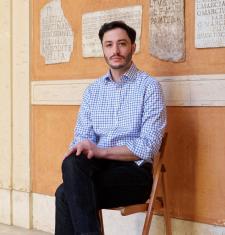
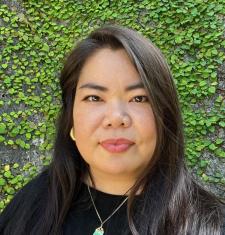
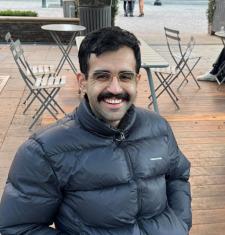

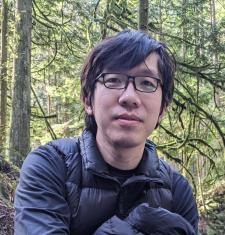
2022 - 2023 Digital Humanities Summer Fellow
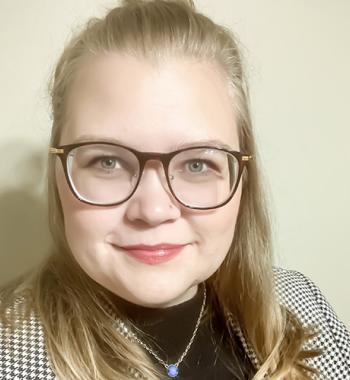
Samantha Thompson (she/her/hers)
"We Deserve Rent Control": Digital histories of rent control debates in Seattle, USA and Vancouver, Canada
This project brings together archival material and interviews in a StoryMap to trace digital histories of rent control debates in Seattle, USA and Vancouver, Canada. Understanding the cities’ shared stories of rent control, despite their diverse national contexts, helps us to conceptualize the ways that urban politics are situated within racial capitalist and settler-colonial histories/presents of housing development. The purpose of the project is to provide a tool to strengthen understandings of ways that housing politics are situated within power structures of race, gender, sexuality, and class as we engage with one piece of housing history is of particular importance because of the prominence of rent control debates in contemporary housing debates.